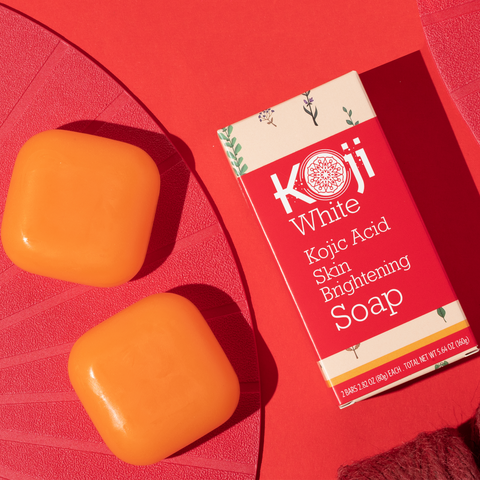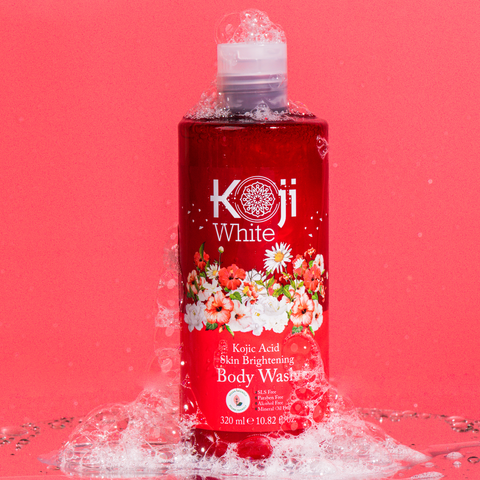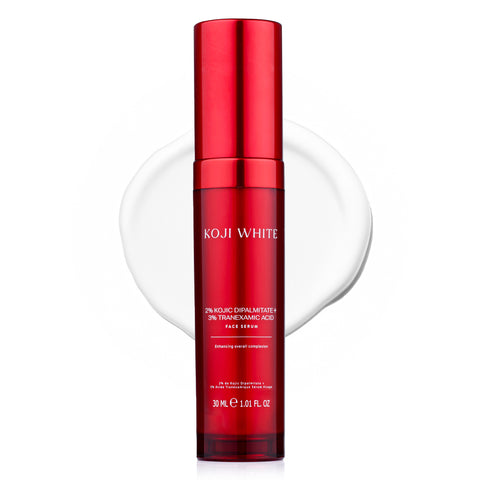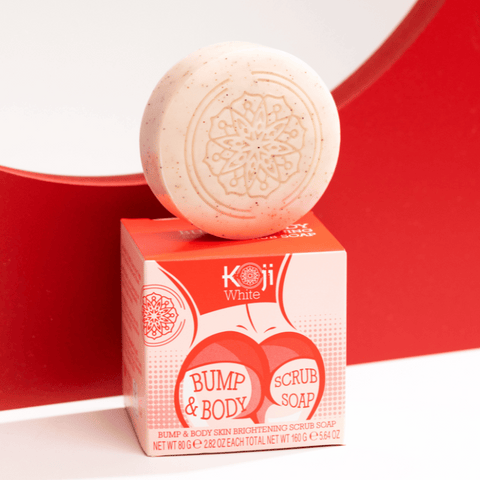Dark spots or hyperpigmentation are a general skin problem that many people have faced and hope to eliminate this issue. Unfortunately, a lack of knowledge about factors of issues and treatments is hidden in every behavior. If you have been struggling with stubborn dark spots, it would have been the time to explore the generic factor of their emergence. Factually, there are 5 common myths about dark spots that you should concentrate on from now on.

1. Dark Spots Only Happen Due to Sun Exposure
While sun exposure is a main factor in hyperpigmentation issues, there is not only one cause. Actually, dark spots can also develop due to hormonal fluctuation, inflammation, acne scars, and even skin injuries. Also, other conditions like melasma emerged from hormonal fluctuations rather than UV radioactive. That is the reason why you should protect your skin more than using sunscreen because the selection of the right effective ingredient to fight the right enemy of the skin would help regulate pigmentation.

2. Lemon Juice Can Fade Dark Spots
Natural remedies like lemon juice are often touted as skin brighteners, but they can create the hazardous to you than good. The acidity of lemon juice can demolish the skin barrier and lead to irritation, sensitivity, and even more pigmentation issues. Instead of DIY treatments, let's look for clinically proven ingredients like Kojic Dipalmitate and Tranexamic Acid, which work synergistically to inhibit excess melanin production and even out skin tone.

3. The Darker the Spot, the Harder It Is to Treat
While deeply pigmented spots may take longer to disappear, they still are possible to shorten the timeline of fade. Advanced skincare formulations now include ingredients like 2% Kojic Dipalmitate and 3% Tranexamic Acid, which target directly pigmentation issues at different levels, breaking down stubborn dark spots at the same time preventing new ones from forming. Consistency with these actives can yield visible improvements over time, even for persistent discoloration.
4. Exfoliating More Often Will Make Dark Spots Fade Faster
Exfoliation helps to remove dead skin cells, but over-exfoliating can lead to irritation and inflammation, which can cause worsened results leading to hyperpigmentation issues. Instead of scrubbing aggressively, an alternative method for a balanced skincare routine with gentle exfoliants and pigment-correcting agents like Tranexamic Acid will help to reduce discoloration without causing unnecessary irritation.

5. Once a Dark Spot Is Gone, It Won’t Come Back
Although the dark spot already faded, it did not mean that it would not return any more. If the unawareness causes like UV exposure or inflammation are not addressed, pigmentation can resurface unconsciously. Applying a skincare routine with sunscreen and skin-brightening ingredients such as Kojic Dipalmitate, which works to restrain melanin production, is key to keeping your complexion clear and even in the long run.

Final Thoughts
Understanding the truth about dark spots is essential for effective treatment. Instead of relying on myths and quick fixes, focus on the right skincare that was proven by the laboratory with clinical tests. By incorporating ingredients like 2% Kojic Dipalmitate and 3% Tranexamic Acid into your routine, you can more effectively get rid of hyperpigmentation and achieve a brighter, more even complexion. Significantly, patience and consistency are key!









